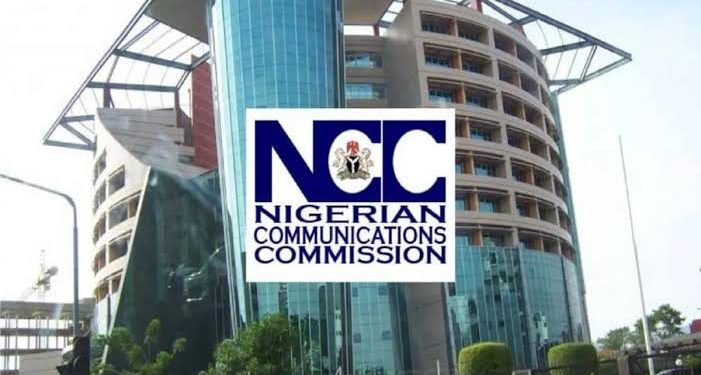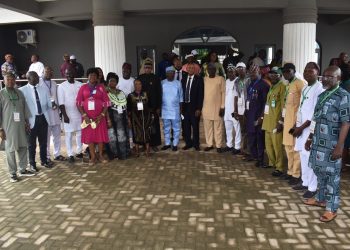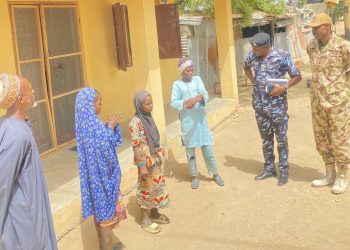By Nkechi Eze
As Nigeria strides confidently into the heart of the digital age, the telecommunications sector continues to serve as a powerful catalyst for national transformation, reshaping the economy, revolutionizing communication, and expanding access to information across urban and rural landscapes. With mobile and broadband technology penetrating deeper into the fabric of society, the need for a dynamic, forward-looking regulatory framework has never been more pressing. Against this backdrop, the Nigerian Communications Commission (NCC) has unveiled a pivotal policy initiative designed to align regulation with the pace of innovation.
The NCC today, Thursday 17th July 2025, presented the draft General Authorization Framework to key telecom stakeholders during a high-level engagement session in Abuja. The event brought together a cross-section of industry players, from mobile network operators and infrastructure companies to startups, OEMs, academia, and civil society, to discuss how best to foster a unified digital vision for Nigeria.
The Commission’s Executive Vice Chairman, Dr. Aminu Maida, said the new framework is a response to the evolving needs of users, shaped by emerging technologies and shifting patterns in digital consumption. He noted that, in the 24 years since the liberalization of the telecom sector, Nigeria has made remarkable progress, with teledensity rising to 79.65% and broadband penetration reaching 48.81% as of May 2025.
Dr. Maida highlighted that the gains achieved so far have been largely driven by the rapid adoption of mobile technologies, a surge in data usage, and growing demand for digital services. However, he emphasized that Nigeria has now reached an inflection point, one where disruptive innovation is reshaping the communications ecosystem and demanding a more agile and supportive regulatory model.
“As a catalyst for national development, Nigeria’s telecommunications industry has become a symbol of innovation and progress,” he said. “It has revolutionized communication, improved access to information, and reshaped business operations. But as technological innovation accelerates globally and within our borders from 5G to AI-powered networks, blockchain, and fintechwe must adapt our regulatory approach to support this momentum.”
The new General Authorisation Framework, according to Dr. Maida, is designed to be flexible, inclusive, and enabling. It introduces three core regulatory instruments tailored to nurture emerging ideas while managing associated risks. These include Proof-of-Concept pilots to test innovations in real-world conditions, a Regulatory Sandbox for experimental technologies such as Open RAN and dynamic spectrum sharing, and an Interim Service Authorisation for services not yet covered under existing licensing categories.
“These mechanisms will provide a safe and structured space for innovators whether startups or established players to validate concepts, measure outcomes, and scale responsibly,” he said. “The goal is to encourage experimentation while safeguarding consumer rights and the public interest.”
Dr. Maida, however, stressed that regulation alone cannot drive change. He called on stakeholders to play an active role in refining and implementing the new framework. “Your insights, your ideas, and your partnership are essential,” he said. “From infrastructure providers to academia and civil society, we all have a stake in ensuring that this approach works for Nigeria.”
He also emphasized the importance of ensuring digital inclusion by closing connectivity gaps and empowering marginalized groups, including youth, women, and underserved communities.
The unveiling of the General Authorization Framework marks a significant milestone in Nigeria’s digital journey, offering a bold regulatory blueprint that seeks to balance innovation with accountability, and experimentation with structure. As the nation continues to position itself as a leader in Africa’s digital future, such frameworks will be crucial in enabling the next wave of transformative technologies.

















